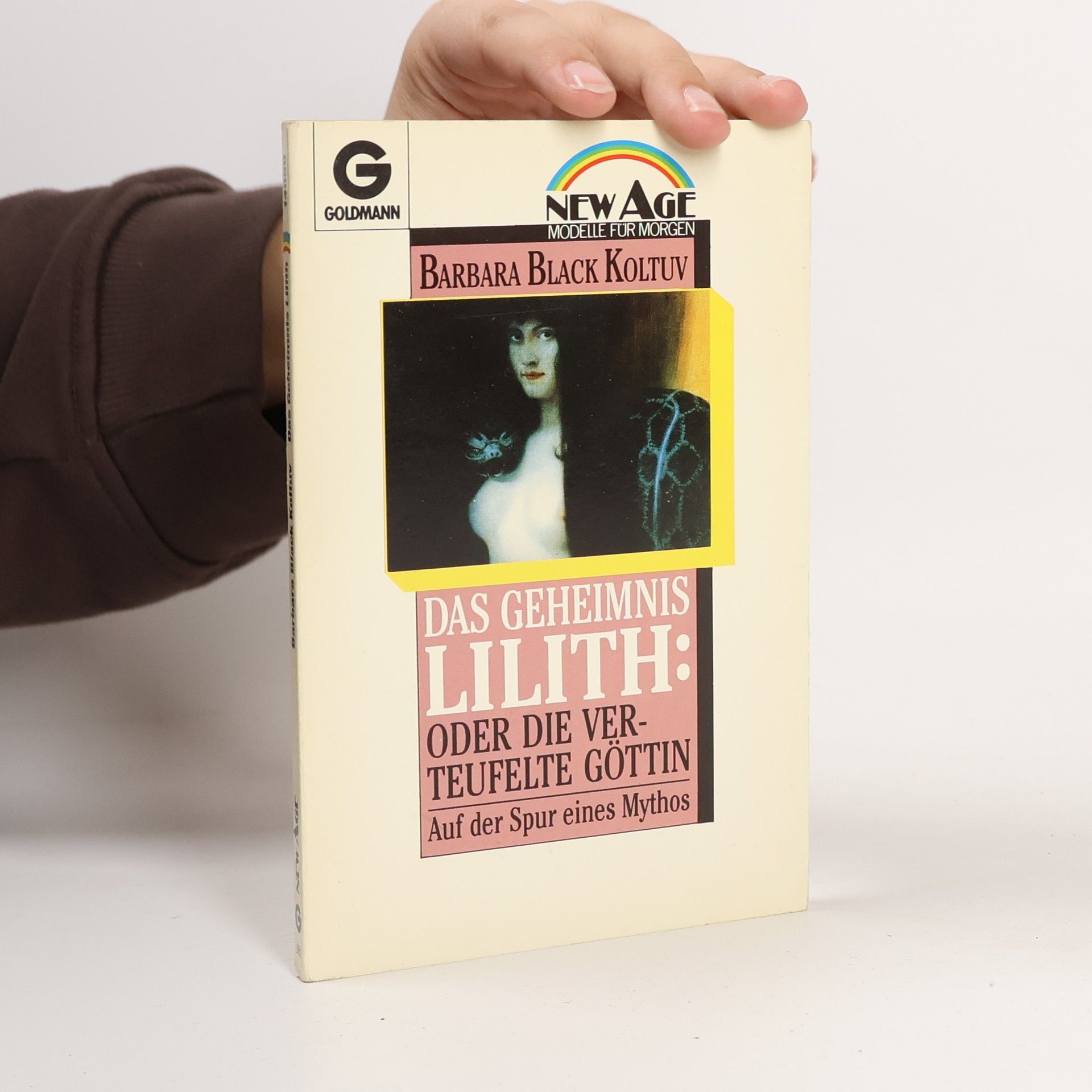Das Geheimnis Lilith
Oder die verteufelte Göttin. Auf der Suche eines Mythos.
- 144pages
- 6 heures de lecture
Frauen entdecken ihre eigenen Mythen. Lilith wird beschrieben als unwiderstehliche, langhaarige Dämonin der Nacht. Man findet sie in der sumerischen, hebräischen, arabischen, teutonischen und kanaanitischen Mythologie. Obwohl die Versuche, die Gestalt der Lilith zu verleugnen, bis in 6. Jahrhundert zurückgehen, sind sie erfolglos geblieben: Lilith taucht immer wieder auf und wird gerade heute neu entdeckt, als der ursprüngliche, freie Geist der Frau. Lilith, wie Adam aus Erde erschaffen, steht im Gegensatz zu Eva, die aus Adams Rippe stammt und damit nur ein Teil seiner Person war. Aus dieser ursprünglichen Gleichheit mit Adam leitet Lilith auch ihren Anspruch auf Gleichberechtigung ab. Die Autorin begreift Lilith als den Zug in jeder Frau, der nach Unabhängigkeit strebt, Freiheit, sich zu bewegen, sich zu verändern und sie selbst zu sein: "Eine Frau muss, um psychisch zu wachsen und sich zu entwickeln, die Lilith-Eigenschaften der Freiheit, Bewegungsfähigkeit und Instinkthaftigkeit integrieren."
